What makes Portugal different from other wine countries? This is the main theme when the famous Portuguese wine journalist Rui Falcão gives his “master class” lecture in Malmö, on an afternoon in early April. Mostly it is sommeliers and restaurant people gathered to take part in this presentation of Portugal from a wine perspective.
Rui Falcão is a journalist and wine connoisseur who travels the world lecturing on Portugal and its wines. In addition to writing newspaper articles he has also written numerous wine books, he is a judge in wine competitions and he also publishes the wine guide Guia dos Vinhos, where he annually assesses more than 4,000 wines. This master class and tasting was organized by ‘Wines of Portugal’, the marketing organisation for Portuguese wines.
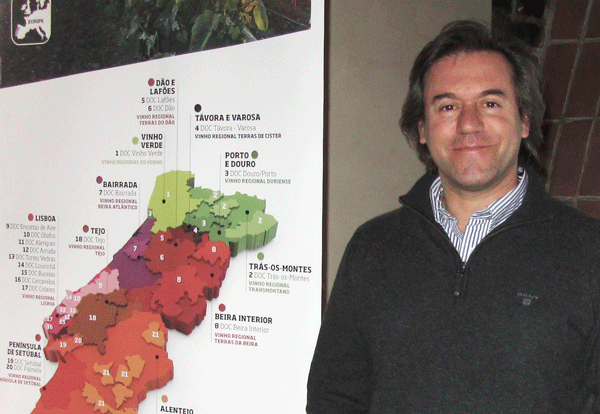
So what is different in Portugal compared with other wine producing countries? Rui Falcão highlights six main themes.
The number of grape varieties
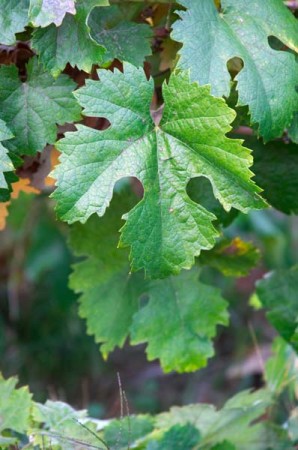
Portugal is said to be the country with the largest number of different kinds of grape varieties. In fact, no one knows exactly how many. In any case there are more than 300. All varieties have not yet been identified and the identification is made more difficult by the fact that many grapes have local names and it takes time to identify them.
Grape blends in the vineyard
Originally, there were many small farms with a large number of winemakers and to spread the risks growers mixed several grape varieties in the same vineyards. This is still the case in about 20% of Portugal’s vineyards. The trend also seems to be that the proportion of vineyards with “field blends” is growing despite higher production costs, since it is considered (by some) that the quality is increased by this system. Perhaps because this is a more natural way for the vines to grow instead of large fields with only a single grape variety.
Interestingly, the different varieties adapt in the mixed field so that the different grapes ripen simultaneously even though they would not, if they were grown in separate fields.
Grape blends in wine-making
There are few grapes in the world that are of sufficient quality to alone provide a high quality single variety wine. Nevertheless, the worldwide trend in general is in that direction, says Rui Falcão. But not in Portugal. The wealth of grape varieties means that there are many grapes that do not alone suffice to make a good wine. By utilizing the individual-specific virtues of several different grapes one can instead make a blend in which the wine as a whole is of a higher quality. Portuguese wines are almost always blends and single grape wines are extremely rare.
Pressing
Who has not heard of grapes trodden by foot? Portugal is the country where foot treading the grapes, pressing with real human feet, is still done, instead of using grape presses. At least for quality wines. The reason is that crushing the grapes with the feet is gentle so that the grape seeds (pips) are not destroyed. Crushing the pips can release undesirable substances into new wine. The downside is that treading is really hard work, going on for many hours and it is both expensive and difficult to find workers. In some places, the human feet have been replaced by robots that crush the grapes in a gentle way.
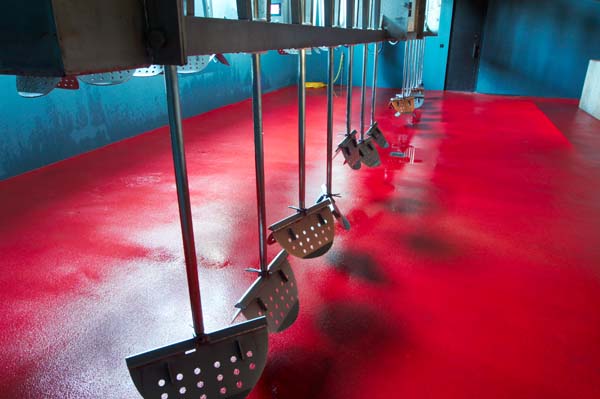
Climate
It is easy to think that Portugal is a Mediterranean country, but that is obviously not the case. Here it is only the Atlantic Ocean that affects the climate. The Gulf Stream arrives in Europe just north of Portugal, which means that the water at the Portuguese coast is colder than in the rest of southern Europe, which in turn has implications for the wines. The mountains in the northern half of the country and in the southern regions also create more rainfall. Both the cold and rain generally provide healthier wines with higher acidity.
Soil and micro-climate
That all soils in Portugal have low pH also helps to promote better acidity and freshness of the wines. This being said the soil varies very much over short distances especially in the southern regions (Alentejo). This leads to that the micro-climate is considered an important part of the wine country in Portugal.
Can you notice a difference in the wines?
We tasted eight different wines from different parts of Portugal, all of which are sold in Systembolaget’s “standard range” (the tasting was held in Sweden). Perhaps you need to be both a Portugal and an oak enthusiast to say that all the wines we tasted had a pronounced freshness and acidity. Many of the wines are a little too heavily oaked in my tasted and adjusted to an “international” style.
Personally, I hope it is true, as Rui Falcão says, that the trend is toward lighter, fresher wines with more refreshing acidity, like in the wines of vinho verde. That will make the Portuguese distinctiveness even clearer and then I too will be keen to jump on to the Portuguese wine train!
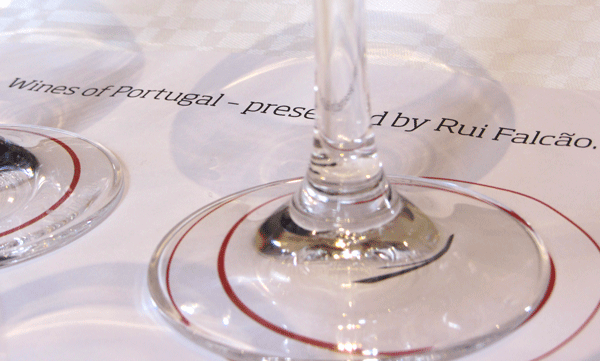
Wines we tasted
Soalheiro Primera Vinhas 2011
Producer: Quinta de Soalheiro, www.soalheiro.com
Grape: alvarinho
Appellation: DOC Vinho Verde
238 SEK at Systembolaget
100% steel tank made, without malolactic fermentation. But still less acidity than in traditional alvarinho wines, but with classic high minerality, light apricot fruit and a slight bitter end. Good balance, despite his youth.
FP 2010
Producer: Filipa Pato, www.filipapato.net
Grapes: bical & arinto
Appellation: VR Beirats
158 SEK at Systembolaget
Filipa Pato is the daughter of famous Portuguese winemaker Luis Pato. It is a garage wine where she lets loose her desire to experiment. The wine has a different composition from year to year. This version has aromas from the pine trees that surround the vineyard (at least one can imagine that’s how it is) but is also marked by its oak ageing. Gently rounded, peach and apricot as the main fruits.
Quinta do Saes Reservations Estágio Prolongado 2008
Producer: Alvaro Castro, www.quintadepellada.com
Grape varieties: Touriga nacional, alfrocheiro, jaen, aragonez
Appellation: DOC Dão
218 SEK at Systembolaget
The producers originally worked as a engineer and knew nothing about winemaking until he suddenly inherited a vineyard and decided to change profession. In his own untraditional way he taught himself how to make good quality wine. In this we find a relatively well-restrained oak character in an otherwise very fruity wine with soft tannins and good length, a medium bodied structure that is supported by a good acidity backbone.
Herdade Dos Grous 23 Barricas 2008
Producer: Herdade dos Grous, www.herdadedosgrous.pt
Grape varieties: syrah, touriga nacional
Appellation: VR Alentejo
229 SEK at Systembolaget
This feels very polished and international, compact, highly extracted fruit, clear oak character, hearty tannins and a certain fieriness. A hint of lemon zest typical for Alentejo wines.
Quinta do Mouro 2007
Producer: Quinta do Mouro, www.quintadomouro.com
Grapes: Alicante bouschet, aragonez, touriga nacional, cabernet sauvignon
Appellation: VR Alentejo
235 SEK at Systembolaget
Here we have an Alentejo wine with far more character. The winemaker, Miguel Louro, is a former dentist which does not preclude that the wine has a high acidity and tannins with good bite in the gums. A wine in a little tighter and more conservative traditional style with a certain elegance, with careful barrel ageing.
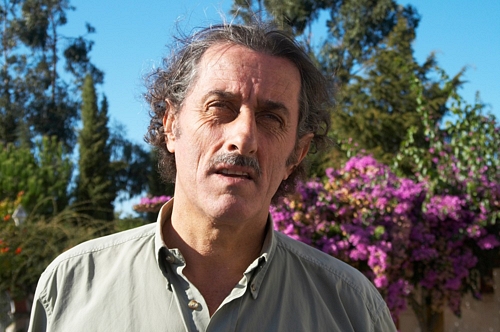
Duorum Vinhas Velhas 2009
Producer: Duorum Vinhos, www.duorum.pt
Grapes: field blend with local grapes (45% touriga nacional)
Appellation: DOC Douro
299 SEK at Systembolaget
Another internationally style wine. Soft fruit, but full-bodied, with blueberry, blackberry, blackcurrant, plums, olives, some pepper, a hint of bitterness and not least powerful tannins.
Quinta do Vale Meao
Producer: Quinta do Vale, www.quintadovalemeao.pt
Grapes: Blend of local grapes
Appellation: DOC Douro
449 SEK at Systembolaget
The top wine of the tasting, that always gets 95-97 points in Wine Spectator (for those who think this gives guidance). Another powerful wine which of course is in its infancy with considerable oak character and lots of young tannins. Despite this, a freshness thanks to the high acidity and for those who like the style it will surely be excellent after several years of ageing.
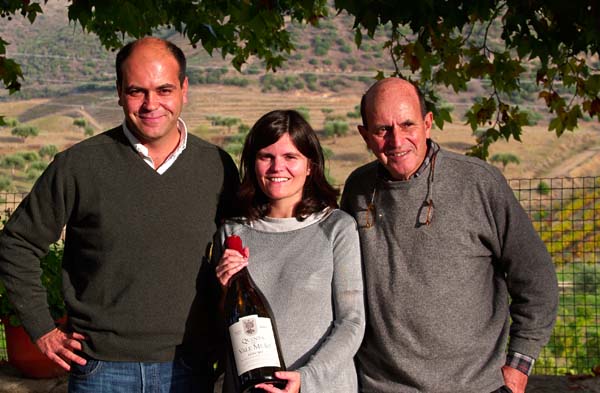
Moscatel Roxo Bacalhoa 2002
Producer: Bacalhoa Vinhos de Portugal, www.bacalhoa.pt
Grapes: muscatel roxo
Appellation: DOC Setúbal
189 SEK at Systembolaget
Moscatel de Setúbal which of course is an excellent wine to serve at a restaurant since an opened bottle keeps for 2-3 months. 200g/l”>The residual is well rounded despite > 200g / l.
Editor’s note: It is perhaps worth noting that the wines were picked from the range at the Swedish monopoly Systembolaget. The Swedish market, and the Swedish monopoly, tends to favour wines with intense, extracted fruit and not insignificant oak, often in “international” style. The selection was therefore perhaps not 100% representative for the range of excellent high quality wines today made in Portugal. (This is of course pure speculation by the editor, but based on extensive travel and numerous tastings in Portugal.) /PK
Lessrof is the pseudonym of an avid wine enthusiast who is schooled to the highest level (3rd degree) in the Munskänkarna wine tasting association. He also writes on his own wine blog: https://lessrof.blogspot.se.
[box type=”info”]Do you want to discover more of Portugal’s exciting wines? Then you can go on a wine tour to Portugal, for example to the Alentejo and the Douro Valley, with BKWine.[/box]



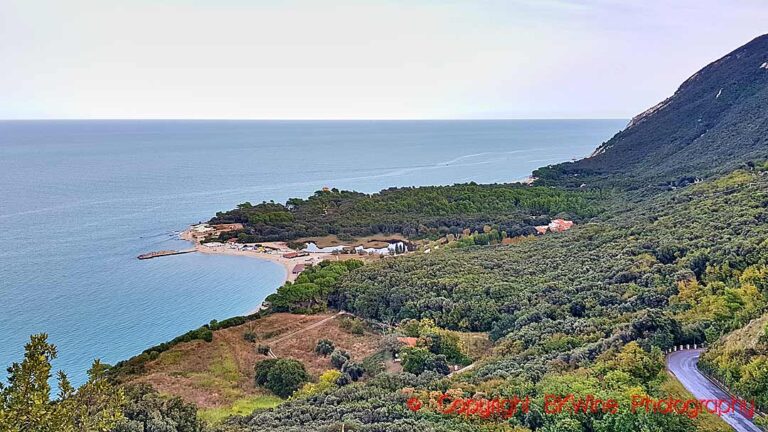
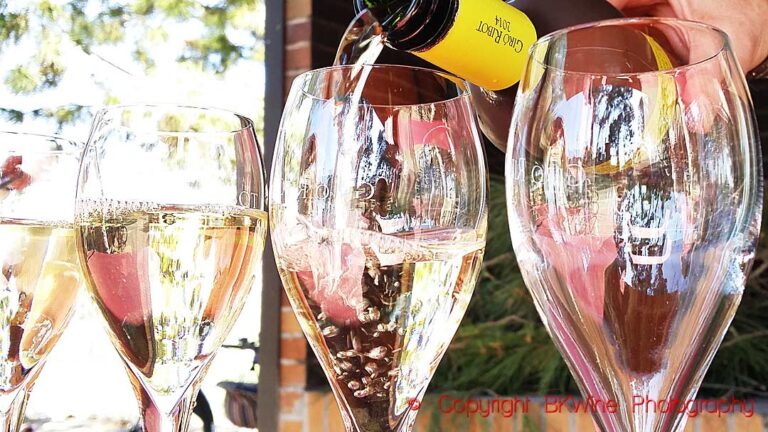





2 Responses
Beste Lessrof,
takk sa mycket. I have just moved to Portugal and am using all the info I can get.
I found your review useful despite the fact that I am targeting the 2-4 € range in the supermarket here. Maybe once they hit the Systembolaget they get more expensive.
Cheers/ Skal/fora i helvete
Massimo